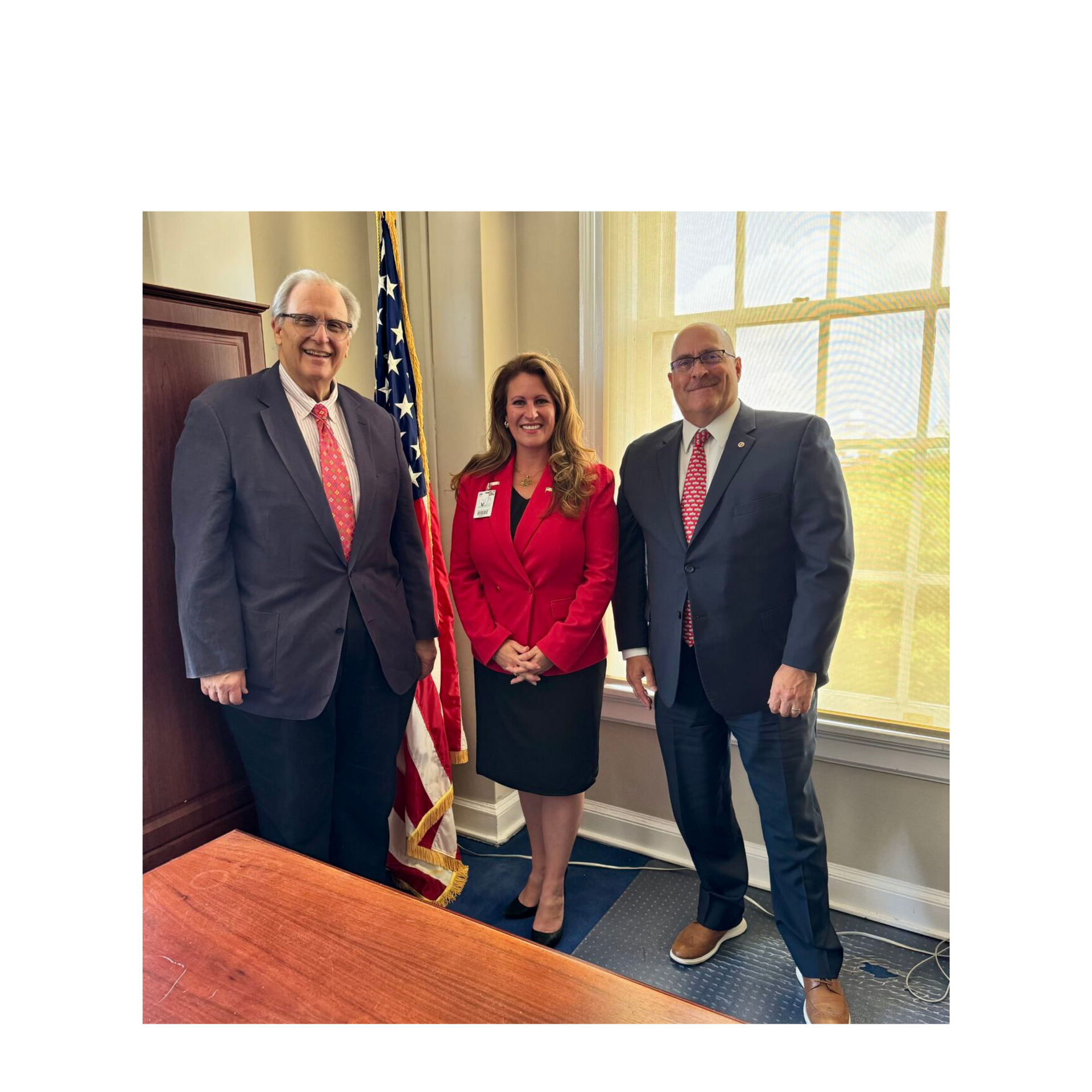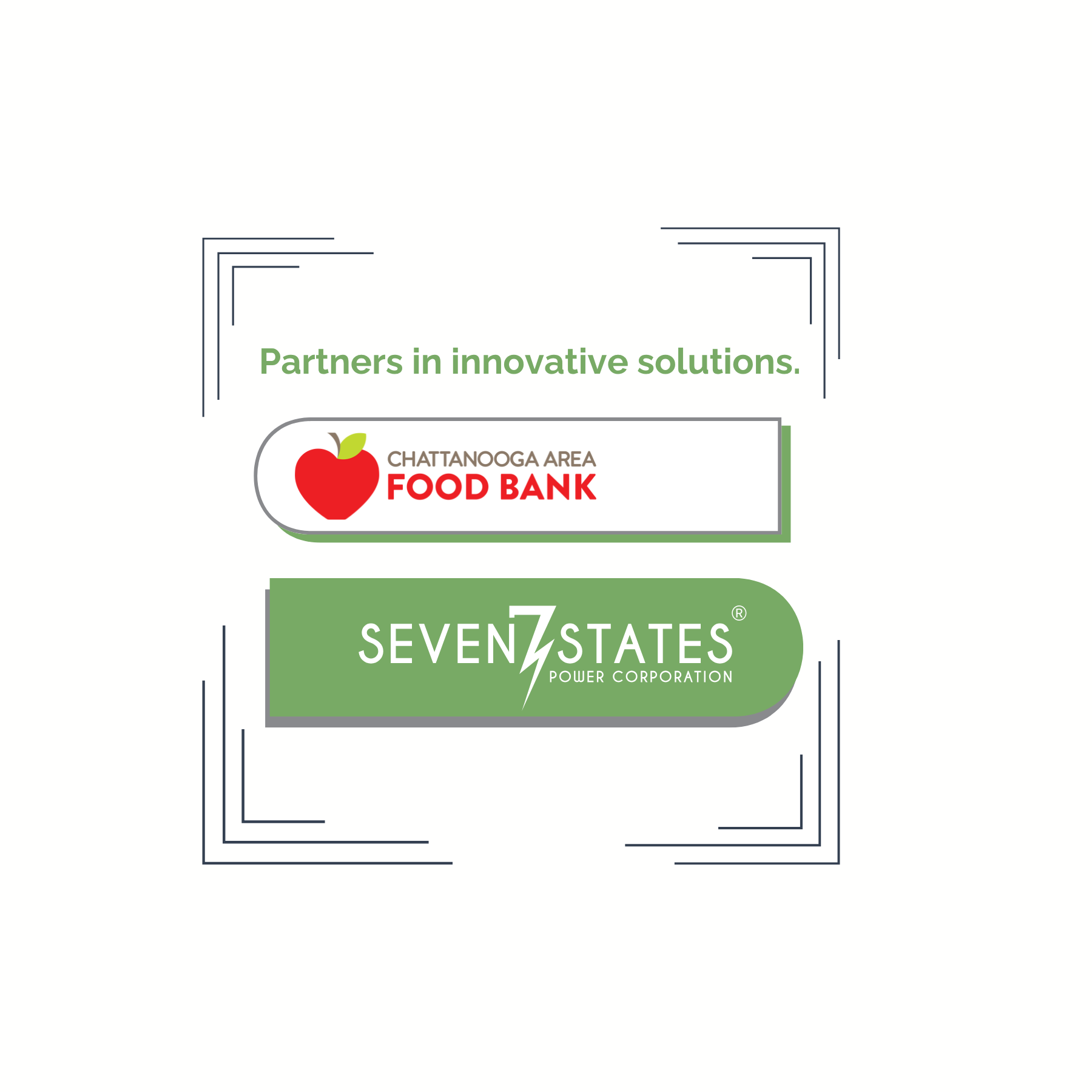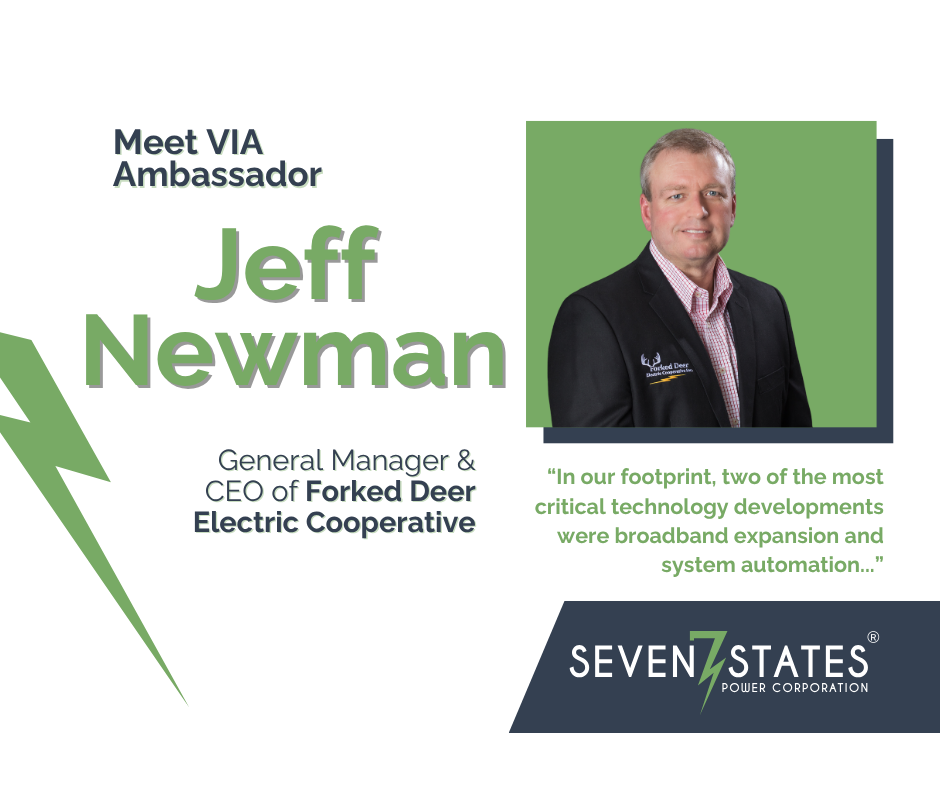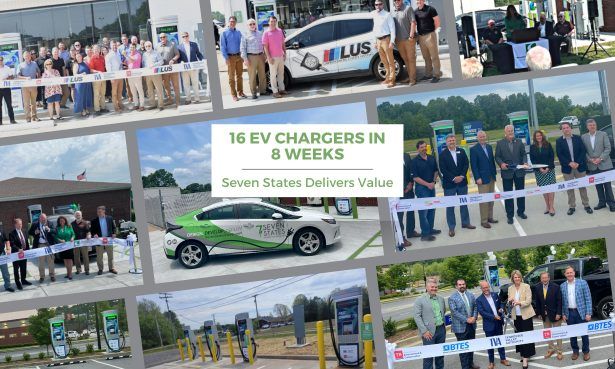
What do Clarksville, Lawrenceburg, Bristol, Hohenwald, and Pontotoc, all have in common? They are all home to brand new EV fast chargers thanks to LPCs who trust Seven States to design, develop, and deploy innovative technology like charging infrastructure in their communities.
Tennessee’s Fast Charge Network is being built thanks to the collaboration of numerous public, private, and nonprofit entities all working together for the good of America’s current and future EV drivers. As the country – and especially the Tennessee Valley – continues to invest in the electrification of transportation, Seven States is perfectly positioned as the go-to partner for LPCs looking to make an impact in their community.
On May 17, Seven States and its partners, CDE Lightband, TVA, and the Tennessee Department of Environment and Conservation (TDEC), celebrated their work to install four EV fast charging stations in Clarksville. Seven States worked with CDE Lightband to secure the site, procure equipment, install, and commission the chargers. It also prepared a financial analysis that showed the value of adding an additional 2 chargers at the site, allowing it to be the first four-charger site in the TN Fast Charge Network.
“We moved quickly to participate in Fast Charge TN because we want to make it easy for people to choose EVs so our community can enjoy the environmental and economic benefits of electric transportation,” said Brian Taylor , general manager of CDE Lightband.
Three weeks later, on June 7, Seven States, Lawrenceburg Utility System (LUS), TVA, and TDEC cut the ribbon on two fast chargers in Lawrenceburg. Like all EV charging locations, this one was strategic: it enables EV drivers to travel from Memphis to Monteagle on the Hwy 64 corridor. Until these partners completed this project, the distance between available chargers was nearly 300 miles — generally too far for an EV on a single charge.
“The funding from TVA and TDEC makes it possible to add fast chargers in our community by providing 80% of the project cost,” said LUS General Manager Vic Pusser.
One week later, on June 15, another ribbon was cut by Seven States and its partners: Bristol Tennessee Essential Services (BTES), the City of Bristol, Sullivan County, and TVA. The region now benefits from four new EV fast chargers located at the Pinnacle Shopping Center near an existing Tesla Supercharger site at the I-81 gateway to the state of Tennessee. Thanks to this project, drivers of all types of EVs now have a great place to stop and recharge.
“It’s the first place as you cross into Tennessee along 81 from the north to have a standardized charger that works on nearly every EV that is out there today,” said Clayton Dowell , CEO of BTES. “[We are proud] to be part of this statewide, Tennessee Valley-wide initiative to eliminate or reduce range anxiety for electric vehicle drivers.”
On June 29, four more EV fast chargers were officially opened to the public in Hohenwald, TN, thanks to a partnership between Seven States, Meriwether Lewis Electric Cooperative (MLEC), TVA, and TDEC. At the ribbon cutting , MLEC President and CEO Keith Carnahan praised the partners for coming together to benefit not only the residents of MLEC’s service territory but visitors who are driving through.
Lastly, on July 19, a ribbon-cutting event officially opened the first two EV fast chargers in Pontotoc, Mississippi, as part of the Fast Charge Network. The event was rescheduled due to inclement weather in June. Pontotoc Electric Power Association (PEPA), Seven States, and TVA were proud to partner on this project.
“This charging location does more than charge cars — it connects Pontotoc to the Fast Charge Network and plays an important role in putting our region on the leading edge of the new electric economy,” said PEPA General Manager Frankie Moorman.
It has been an exciting and busy two months, but Seven States is always ready for the challenge. The cooperative is proud to serve LPCs across the Valley by delivering innovative technologies like EV charging. Reach out to Lance Irwin or Joe Knox to learn more about how Seven States can support your LPC’s EV infrastructure projects.
